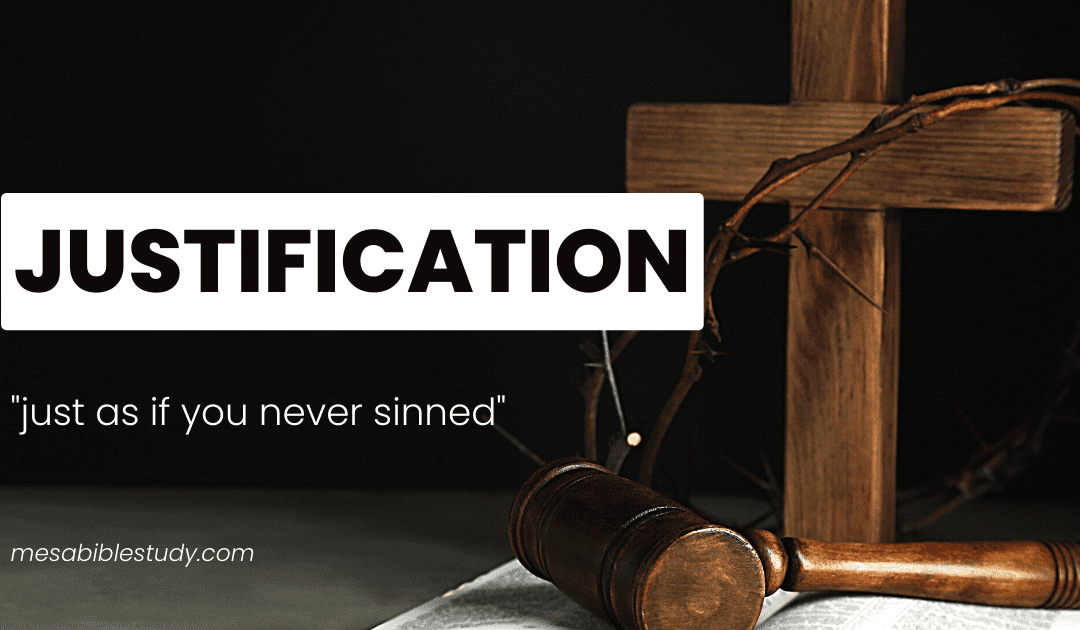
The Triumph of Christ Over Satan – Colossians 2:15 and Related Scriptures
‘Having disarmed principalities and powers, He made a public spectacle of them, triumphing over them in it.’
Colossians 2:15
Colossians 2:15 speaks of how Jesus, through His work on the cross, openly defeated the principalities and powers that are under Satan’s rule. This victory is rooted in the promise of a coming Redeemer in the Seed of the woman, made by God immediately after the fall of Adam and Eve in Genesis 3:15. God promised that the Seed of the woman, who is Christ according to Galatians 4:4, would crush the head of Satan embodied in a serpent.
‘And I will put enmity Between you and the woman, And between your seed and her Seed; He shall bruise your head, And you shall bruise His heel.”’
Genesis 3:15
The victory of Christ is further explained in Romans 8, where it is shown that everything in creation has been living in hope of the redemption accomplished at the cross when the Seed of the woman became the victorious One over Satan and his minions. Creation itself will be delivered from the curse into the glorious liberty of the children of God. Believers also groan within themselves, waiting for the redemption of their bodies and to be totally in union with Christ in their resurrected state.
‘For the creation was subjected to futility, not willingly, but because of Him who subjected it in hope; because the creation itself also will be delivered from the bondage of corruption into the glorious liberty of the children of God. For we know that the whole creation groans and labors with birth pangs together until now. Not only that, but we also who have the firstfruits of the Spirit, even we ourselves groan within ourselves, eagerly waiting for the adoption, the redemption of our body. ‘
Romans 8:20-23
Hebrews 2:14 supports the statement that Christ triumphed over the principalities and powers of Satan and the demonic world. Jesus took on flesh and blood and defeated the devil through His death, burial, and resurrection. Satan was utterly defeated and operationally destroyed when Christ arose victoriously over sin and death on the resurrection morning.
‘Inasmuch then as the children have partaken of flesh and blood, He Himself likewise shared in the same, that through death He might destroy him who had the power of death, that is, the devil,’
Hebrews 2:14
In Colossians 2, it is emphasized that Christ did not just undergo another crucifixion or death but that He defeated all the satanic powers and dominions that are under Satan’s rule. The Law has been crucified and nailed to His cross, and believers are now set totally at liberty and free (Galatians 5:1). This freedom is not a license to sin but empowerment to fulfill the law through love, as love is the foundation for godly behavior and obedience to God’s will.
Takeaway
Through the finished work of the cross, believers have triumphed over sin, the curse of the law, Satan, and the very sting of death, securing an incomparable victory that can only be attained through the redeeming love and mercy of Jesus Christ.
Amen!



